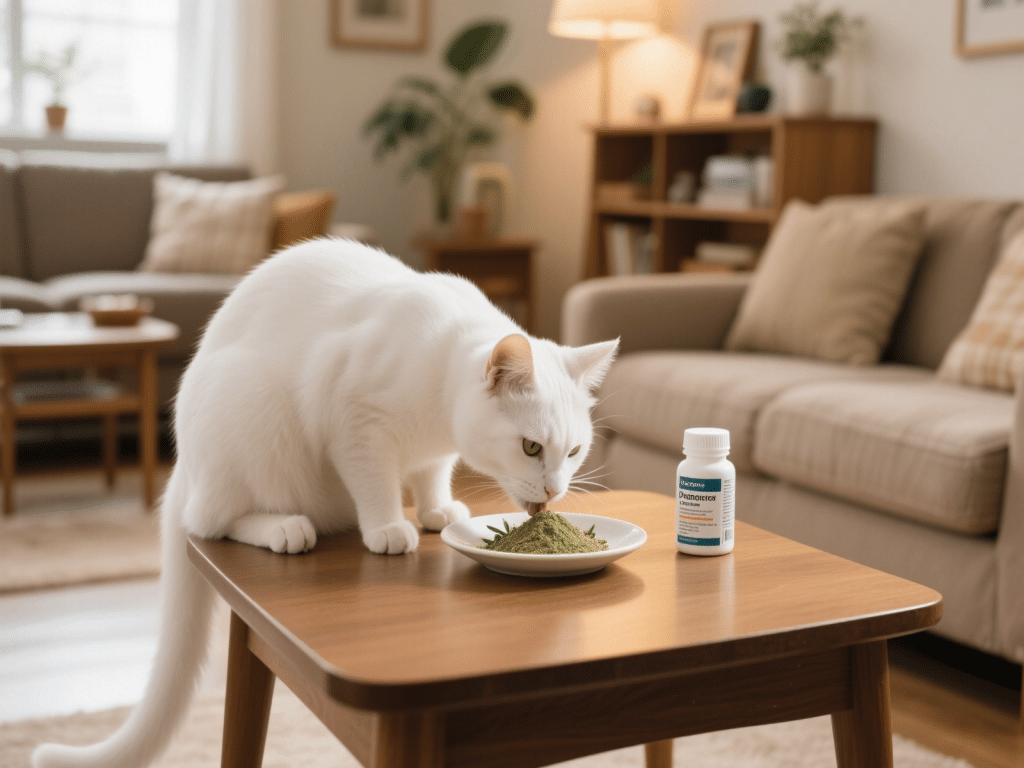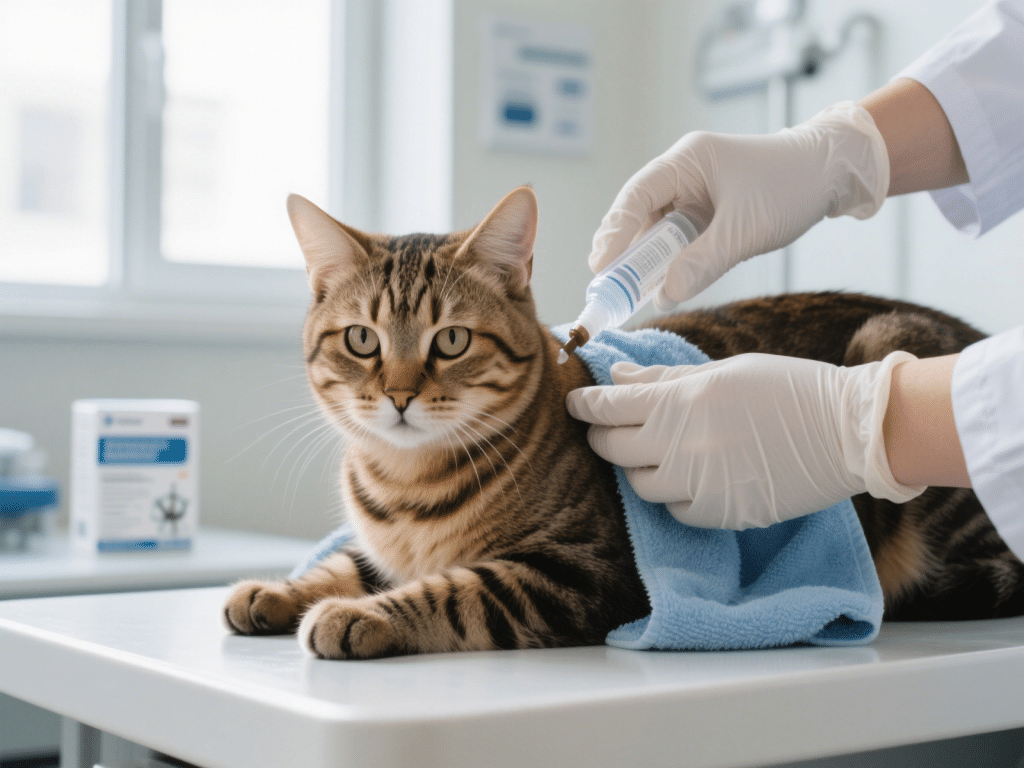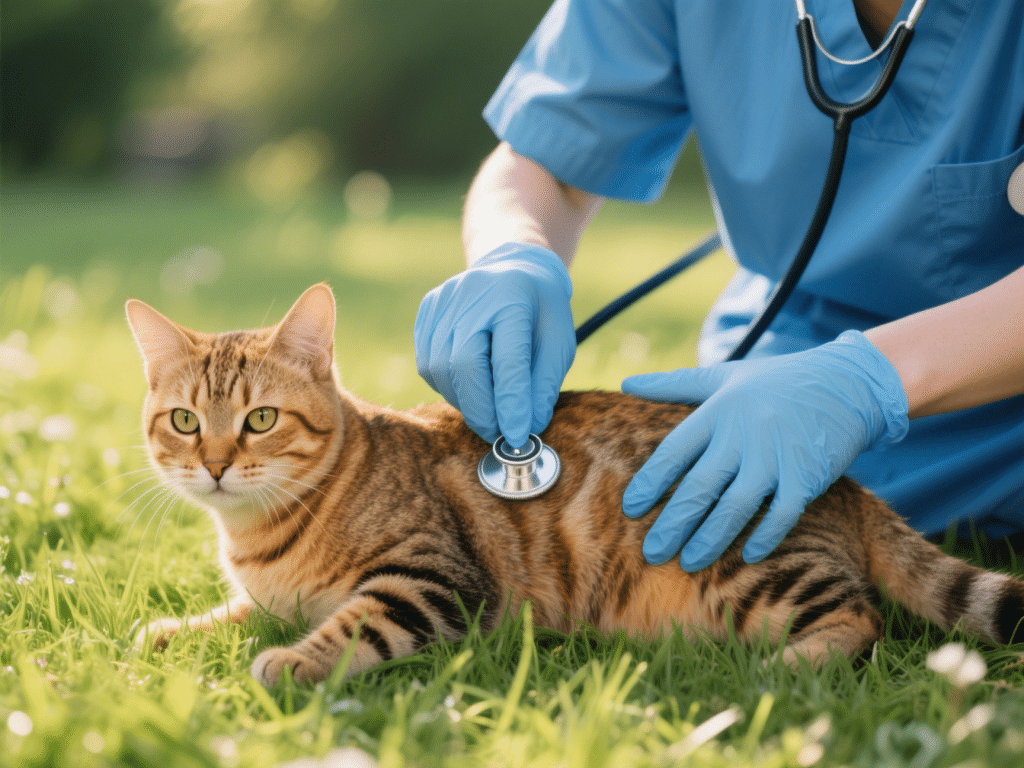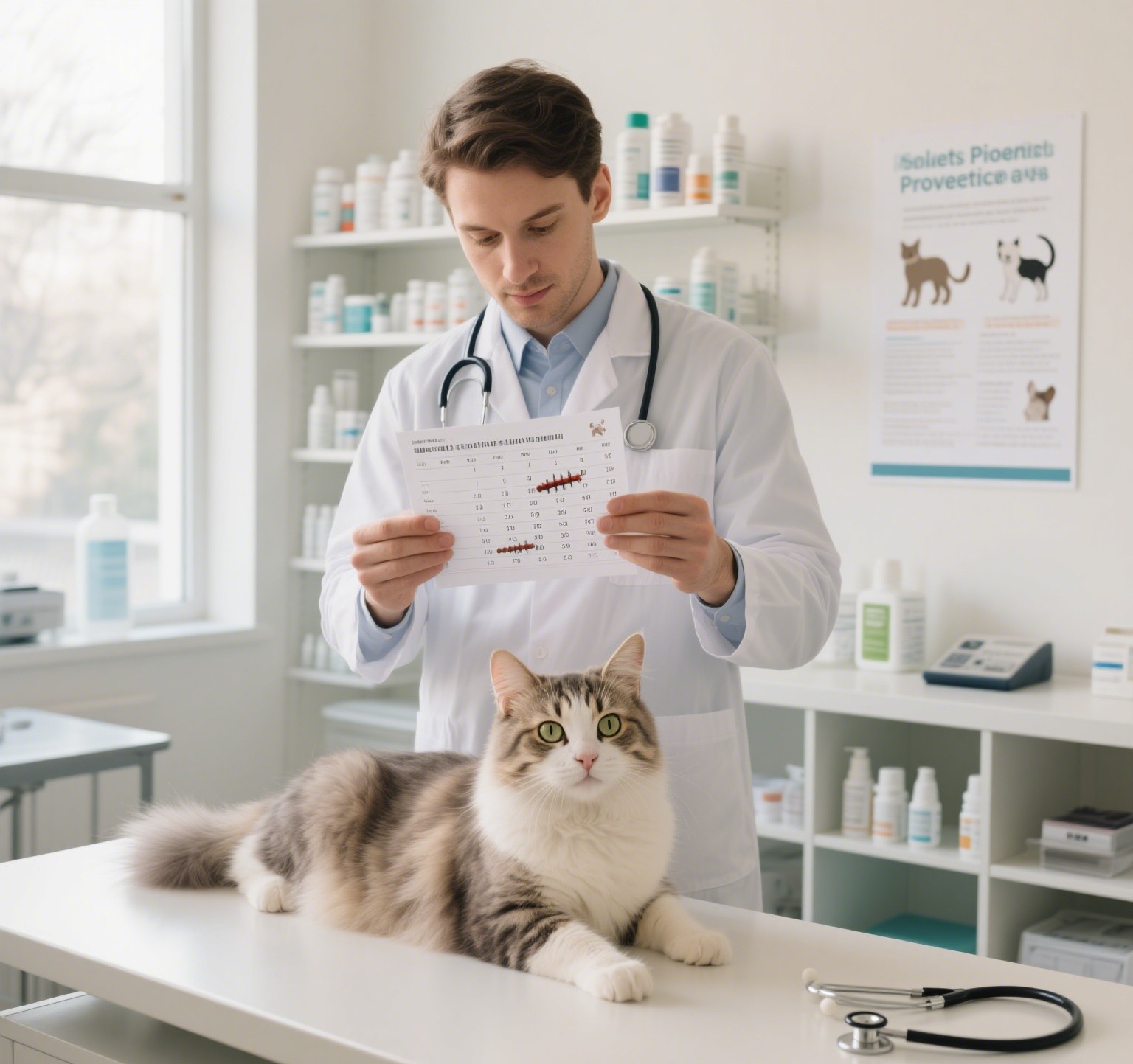Vet-Approved Deworming Schedules for Cats: What Every Owner Should Know
Introduction
Effective parasite control is essential for maintaining feline health. Veterinarians recommend specific deworming schedules tailored to a cat’s life stage, lifestyle, and local parasite risks. This guide presents vet-approved protocols and practical tips to ensure your cat remains parasite-free and thrives at every age.
1. Foundations of Deworming Protocols
1.1 Species-specific Considerations
Kittens have immature immune systems and are highly susceptible to roundworms and hookworms from their mother’s milk or environment. Adult cats may encounter parasites outdoors or through hunting, while senior and immunocompromised cats require gentler, more frequent monitoring.
1.2 Parasite Prevalence by Life Stage
• Kittens: High risk for ascarids and whipworms.
• Adult Cats: Commonly affected by tapeworms via flea ingestion.
• Senior Cats: Potential for reinfections and complications due to reduced immunity.
2. Recommended Deworming Schedules
2.1 Kittens
Start at 2 weeks of age and repeat every 2 weeks until 8 weeks old, then monthly until six months:
• 2 weeks
• 4 weeks
• 6 weeks
• 8 weeks
• 12 weeks
• 16 weeks
2.2 Adult Cats
Veterinarians generally recommend deworming adult cats quarterly. However, indoor-only cats with low exposure may follow a biannual schedule, while outdoor or hunting cats benefit from every 3 months.
2.3 Senior and Immunocompromised Cats
Due to weakened immunity, these cats should undergo fecal testing every 6 months and deworm at least every 3 months or as advised by your veterinarian.
2.4 Pregnant and Nursing Queens
Administer a safe, veterinarian-approved dewormer at mid-gestation and again two weeks before parturition. Continue deworming nursing queens concurrently with their kittens’ schedule.
3. Choosing the Right Dewormer
3.1 Broad-Spectrum Options
• Fenbendazole: Effective against roundworms, hookworms, whipworms.
• Praziquantel/Pyrantel Combination: Targets tapeworms, roundworms, hookworms.
• Selamectin: Topical option for heartworm prevention plus external parasite control.
3.2 Safety and Side Effects
Common side effects include mild gastrointestinal upset. Always calculate dosage by accurate weight measurements and consult your veterinarian if your cat has a history of drug sensitivities.
4. Integration with Preventive Care
4.1 Fecal Testing
Biannual fecal examinations help detect low-level infections and tailor the deworming schedule accordingly.
4.2 Environmental Management
Maintain clean litter boxes, wash bedding weekly, and vacuum carpets to remove eggs and larvae from the home.
4.3 Nutrition and Immune Support
A balanced diet rich in high-quality protein supports gastrointestinal health and natural defenses against parasites.
Conclusion
Following a veterinarian-approved deworming schedule customized to your cat’s needs reduces the risk of parasitic infections and promotes long-term well-being. Regular check-ins with your vet, combined with diligent home care, ensure your feline companion remains healthy and happy.
Explore Dogs

Natural vs Prescription Cat Dewormers: Which Is Right?
IntroductionCat owners seeking parasite control often weigh natural remedies against prescription de...
Read More
Can Dogs Go Outside After Deworming? Recovery and Safety Tips
IntroductionMany pet owners wonder if it is safe for dogs to venture outside immediately after recei...
Read More
Natural Dog Dewormers That Actually Work: Ingredients and Dosages
IntroductionMany dog owners seek natural alternatives to chemical dewormers to reduce side effects a...
Read More
Choosing the Right Cat Dewormer for Flea-Infested Homes
IntroductionFlea infestations pose dual threats to cats: itching, dermatitis, and tapeworm exposure ...
Read More
Why Does Your Cat Hide at Deworming Time? Tips for Easier Handling
Understanding Your Cat’s Hiding Instinct During DewormingCats often vanish at deworming time due t...
Read More
Can a Cat Go Outside After Deworming? Recovery and Risk Guide
Can a Cat Go Outside After Deworming? Recovery and Risk GuideDeworming is vital for your cat’s hea...
Read More
How to Flea-Proof Your Home: 7 Proven Ways to Create a Parasite-Free Environment
How to Flea-Proof Your Home: 7 Proven Ways to Create a Parasite-Free EnvironmentFleas pose health ri...
Read More
How Often Should You Deworm Your Cat? Adjusting by Season
How Often Should You Deworm Your Cat? Adjusting by SeasonProtecting your cat from internal parasites...
Read More
Top 5 Cat Dewormers Compared: Vet-Approved Options for Internal and External Protection
Top 5 Cat Dewormers Compared: Vet-Approved Options for Internal and External ProtectionIntroductionI...
Read More